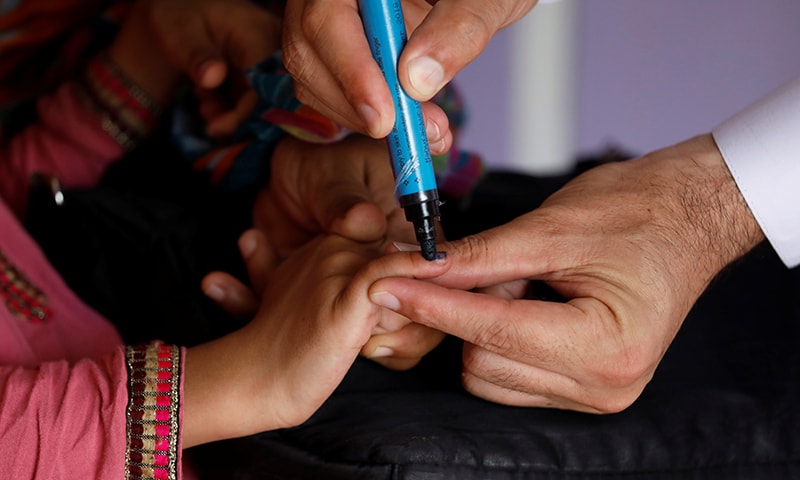Pakistan’s Federal Health Minister Syed Mustafa Kamal has announced a sweeping healthcare reform: within three months, every medicine sold in Pakistan must feature a bar code. This move aims to empower consumers allowing mobile scans to verify a drug’s authenticity and check its expiration date. The pharmaceutical industry has been granted a 90-day compliance window to implement this crucial measure.
In related news, the government is expanding its polio vaccination campaign to include children up to 15 years of age. Initially targeting Karachi and Lahore, the program will extend to Peshawar and southern Khyber Pakhtunkhwa. With a new eradication deadline set for December 2026, officials are introducing digital upgrades to the Drug Regulatory Authority of Pakistan (DRAP), with a full-scale launch slated after an imminent formal inauguration by the Prime Minister.
The minister also highlighted accolades received for Pakistan’s trachoma elimination, which earned him international recognition a milestone marked by support from the World Health Organization.
Additional healthcare proposals include restructuring nursing council regulations and a suggested 50% tax on soft drinks though this tax proposal remains under government review.
Impact & Outlook
- Consumer protection: Barcodes will combat counterfeit drugs and expired medications.
- Polio battle: Expanding vaccination to older children reinforces Pakistan’s commitment to complete polio eradication by 2026.
- Health system modernization: Digital transformation of DRAP and policy reforms will strengthen regulatory oversight.
- Broader health objectives: Focus on disease elimination and preventive health suggests a new era in public health governance.
This initiative marks a significant leap toward modernizing Pakistan’s health sector merging technological innovation, disease prevention, and regulatory strengthening to enhance public safety and trust.



Comments (0)
No comments yet. Be the first to comment!
Leave a Comment